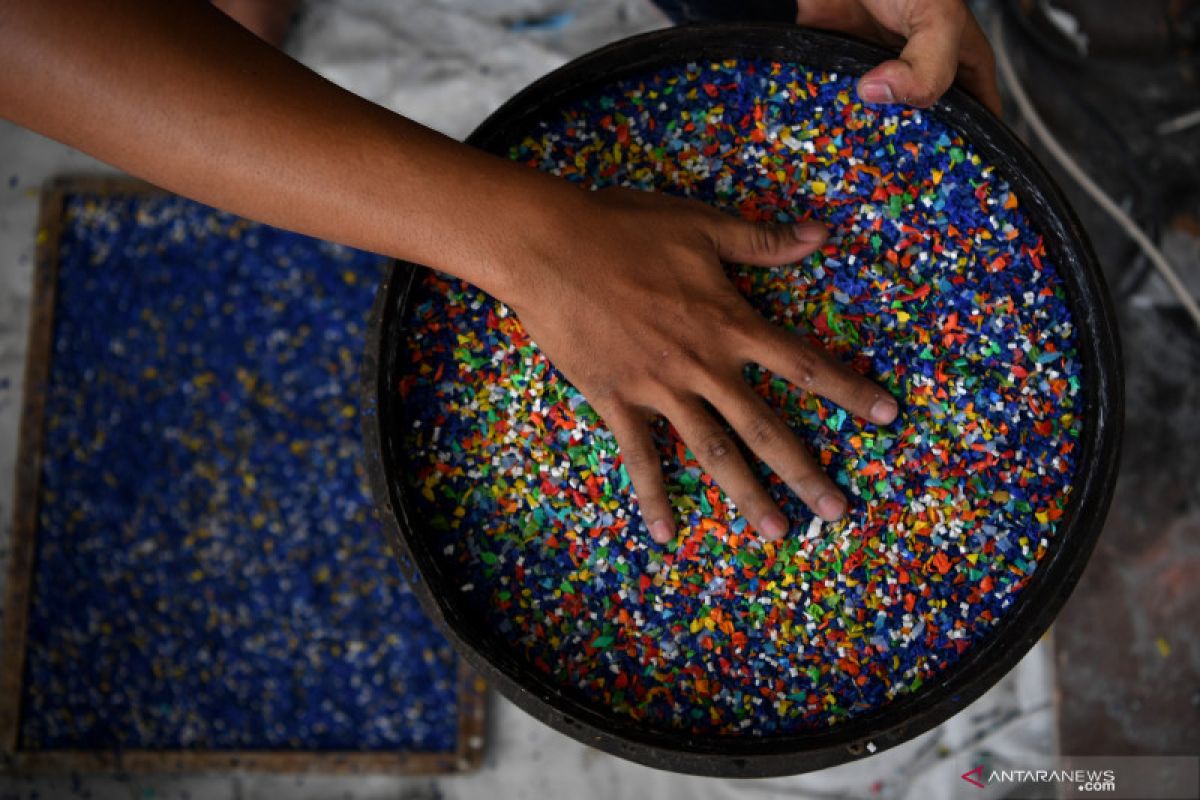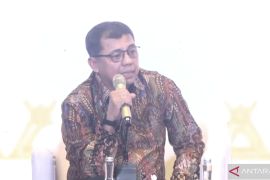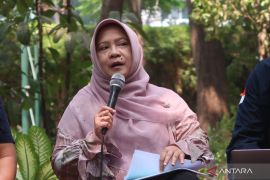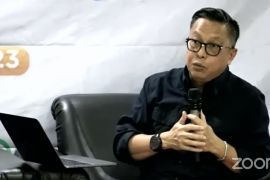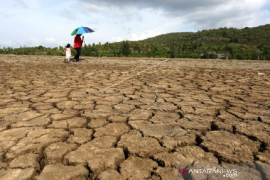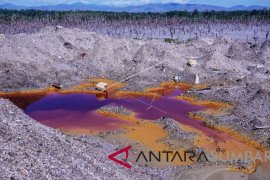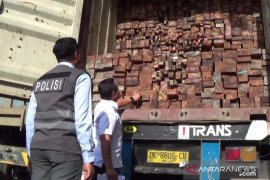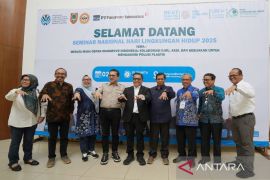Jakarta (ANTARA) - Environment and Forestry Ministry (KLHK) has stated that they are implementing the circular economy as a strategy for sustainably managing waste in Indonesia.
"Circular economy is a concept of maximizing the value of a product and its components by using them repeatedly to prevent resources from being wasted," KLHK Minister Siti Nurbaya Bakar said on Monday.
According to the ministry's National Waste Management Information System, Indonesia produced 68.5 million tons of waste in 2022, of which 18.5 percent was plastic waste.
Bakar remarked that the change in lifestyle and consumption patterns of Indonesian people, especially the use of single-use plastics, had significantly contributed to the amount of plastic waste in Indonesia.
However, she pointed out, social movements and community initiatives in various regions to reduce plastic waste also continue to grow.
Bakar said that a circular economy can be implemented for waste management by reducing, reusing, remanufacturing, and recycling products.
"Producers have begun to carry out a circular economy through an extended producer responsibility (EPR) program," she stated.
The ministry noted that 15 producers had implemented the EPR program, thereby reducing 1,145 tons of waste as of December 2022.
Currently, the government is providing technical assistance to 353 producers in the development of a waste reduction roadmap.
Bakar said that the community also has the potential to apply a circular economy model, as there are 14,457 waste banks, with a total of 403,197 customers and an average of 460,554 tons of waste managed per year.
"The economic value (for the implementation of a circular economy) at this (community) level is estimated at Rp5.1 billion (around US$343,480)," she remarked.
Meanwhile, the amount of waste managed at the industrial level at 36 integrated waste management sites, 75 composting sites, and 22 recycling centers is 27,886 tons, 16,105 tons, and 18,689 tons per day, respectively.
Large amounts of waste are also managed in a refuse-derived fuel (RDF) facility, two Intermediate Treatment Facility (ITF), and 282 reduce, reuse, and recycle (3R) waste management sites, with a total of 50,804 tons, 6,036 tons, and 87,574 tons, respectively.
In addition, the waste is utilized by 176 social entrepreneurship actors, reaching an average of 50 tons of waste every month.
Furthermore, the ministry estimates that in the informal sector, a scavenger can collect 10-20 kilograms of waste per day, while a waste-collecting site can manage 200-700 kilograms of waste per day.
"Apart from boosting the economy of the community, the implementation of a circular economy will also support the realization of the zero waste target by 2040 as well as net zero emission target by 2050 or sooner," Bakar added.
Related news: Indonesia to phase out single-use plastic by 2029
Related news: Environment Minister calls for fight against plastic waste pollution


